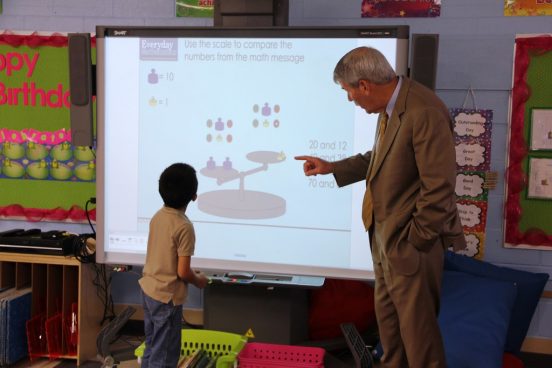For my second interview, I spoke with a special education teacher who has worked both in the United States and Canada. This teacher has found working with special needs students in any setting to be very rewarding and the earlier the support is provided the more progress the students make. Interventions and strategies can go a long way to help students in the classroom to be successful and the more strategies teachers learn and use with their students, the more needs of learners they are able to meet. I also learned that most strategies that are commonly used for students with special needs benefit typically developing students as well. In today’s schools there are more children in mainstream classes that have disabilities, therefore general teachers have a right and responsibility to be properly educated on special needs. Specifically, teachers need to have a background knowledge of common disabilities and the impact they have on their students’ learning. Teachers also need to know what accommodations they can make that might help their students succeed. They then need to work as a team with other teachers to understand which strategies have been effective for specific students and which have not. I also learned about something called Response to Intervention (RTI), this is a process where teachers discuss students who are experiencing troubles and explain their difficulties in a meeting. The response to intervention team takes note of these difficulties and gives suggestions of strategies for the teacher to try out. The teacher and RTI team meet back up to see how things are going and if the student is still struggling they go to intensive instruction groups to work on specific skills. This process is a very team based approach and usually the whole building is involved in these groups. I thought this was a great way to provide support to teachers so that they can then support their learners and add to their teaching strategies in the process.

December 1, 2019




